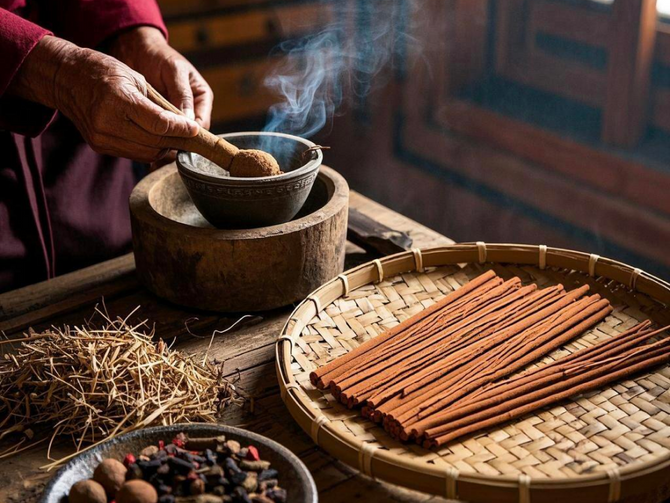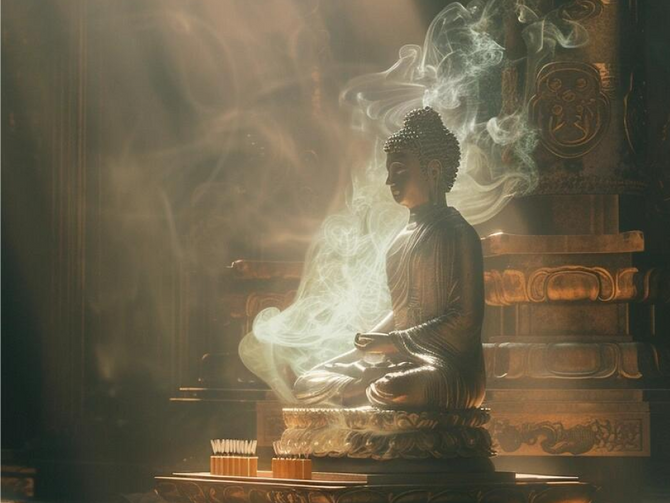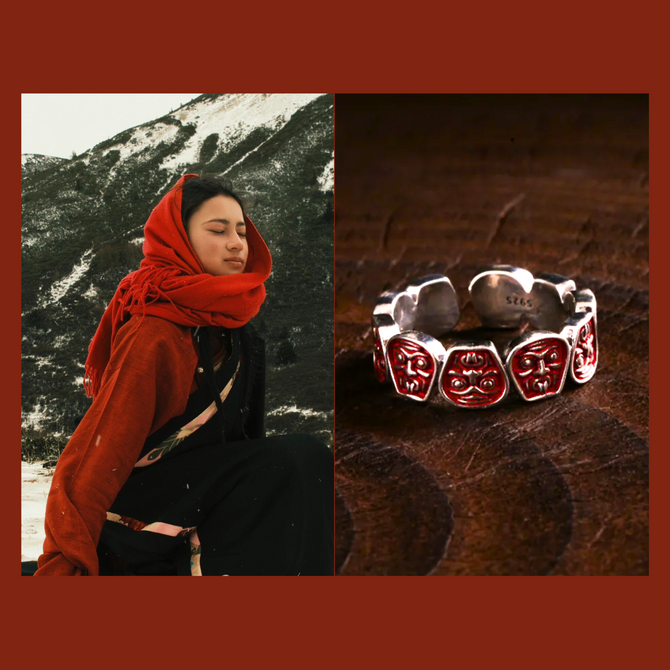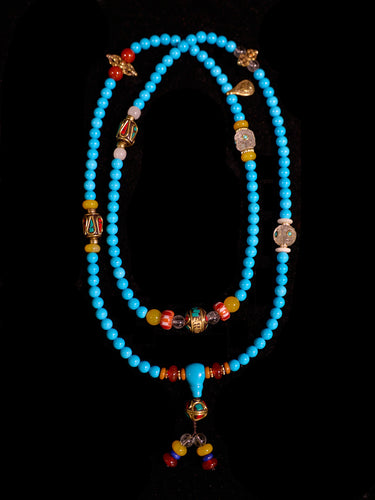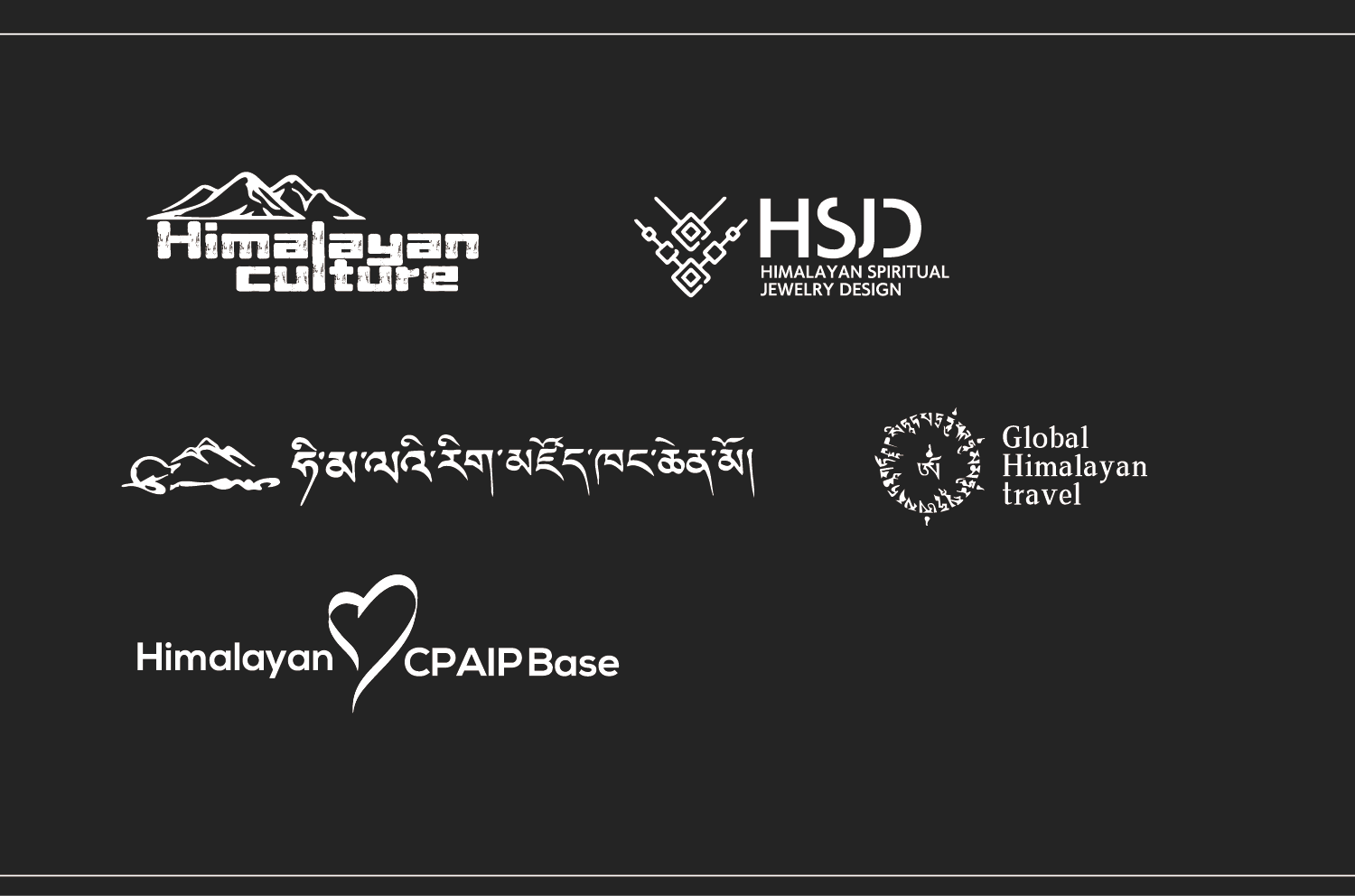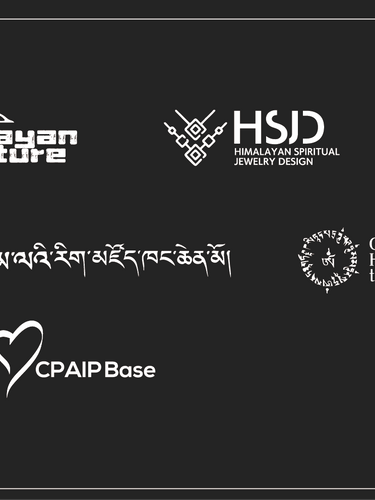Chinese culture has become increasingly popular on the global stage for several reasons:
-
Rich History and Tradition:
China has a history that spans thousands of years, with a rich tapestry of cultural traditions, philosophies, and artistic achievements. The depth of its historical and cultural legacy makes it inherently fascinating to people around the world. -
Economic and Technological Influence:
China's rapid economic growth and technological advancements have made it a major player on the global stage. As China continues to play a crucial role in the world economy, there is growing interest in understanding its culture, business practices, and innovations. -
Cultural Exports:
Chinese cinema, literature, music, and art have gained international acclaim. Acclaimed directors like Zhang Yimou and Ang Lee, popular novels such as those by Mo Yan, and traditional arts like Chinese calligraphy and brush painting have helped showcase the depth and diversity of Chinese culture. -
Culinary Appeal:
Chinese cuisine is renowned worldwide for its diverse flavors, cooking techniques, and regional specialties. The popularity of Chinese food, from traditional dishes to street food and regional cuisines, has contributed to the global recognition of Chinese culture. -
Globalization and Cultural Exchange:
Increased globalization and cultural exchange mean that people around the world have more opportunities to engage with and appreciate Chinese culture. This exchange happens through tourism, international collaborations, and the dissemination of Chinese media and entertainment. -
Language Learning:
Mandarin Chinese is one of the most widely spoken languages in the world. The increasing interest in learning Mandarin reflects a desire to understand Chinese culture more deeply and engage with Chinese communities. -
Soft Power Initiatives:
China has been actively promoting its culture through various soft power initiatives, including Confucius Institutes, cultural festivals, and international partnerships. These efforts aim to enhance China's global image and increase understanding and appreciation of its cultural contributions. -
Influence in the Arts and Fashion:
Chinese designers, artists, and fashion influencers have gained prominence globally. The fusion of traditional Chinese elements with contemporary trends has contributed to the international appeal of Chinese artistic expression and fashion. -
Tourism and Heritage Sites:
China is home to a vast number of UNESCO World Heritage Sites, including the Great Wall, the Forbidden City, and the Terracotta Army. Tourism to these sites has increased, attracting people from around the world who wish to explore China's historical and cultural landmarks. -
Celebration of Festivals:
Festivals such as Chinese New Year, Mid-Autumn Festival, and Dragon Boat Festival are celebrated globally, fostering an appreciation for Chinese traditions and cultural practices. -
Philosophical Wisdom:
Chinese philosophical traditions, including Confucianism, Taoism, and Buddhism, offer valuable insights and wisdom that resonate with people seeking guidance on ethical living, personal growth, and spirituality.
Overall, the popularity of Chinese culture is a multifaceted phenomenon that arises from a combination of historical richness, economic influence, cultural exports, and a genuine interest in understanding and appreciating the diverse aspects of Chinese heritage.
The oriental beauty, aloof from the earthly world, continues to exist, encompassing the images of heaven and earth. Embracing the cosmic view of unity between heaven and humanity, such beauty navigates both the grand and the minute, standing firm in the East. Emerging from the heart, entrusted to the mind, condensed in the spirit, and embodied in form, it stands resolute between the eternal expanses.
The world is both objective and subjective, and so is beauty. As a professional organization dedicated to promoting classical oriental art, Oriental Aesthetics provides systematic, high-quality professional services for oriental artists as well as collectors, artists and enthusiasts who appreciate and love classical oriental art.


